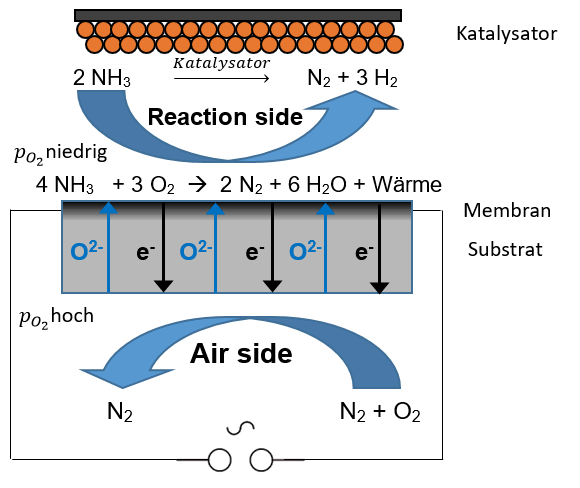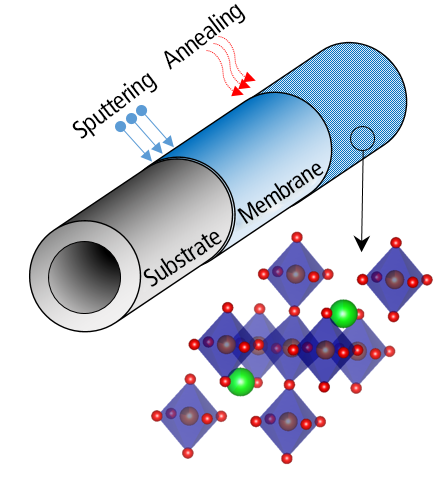CF07_1: Development of a functional model for an ammonia-powered sport yacht with a hybrid system consisting of a solid oxide fuel cell and engine
Marine propulsion CF07 Project costs: 1.470 T€ Project period: 09/2020–08/2022 Partners: Objective: Sailing yachts have always used wind for propulsion. Today, the interior fittings offered by most modern sailing yachts meet high standards and use electrical energy for navigation, safety, secondary propulsion and auxiliary equipment onboard the ship. This energy is provided by fossil-based primary…



